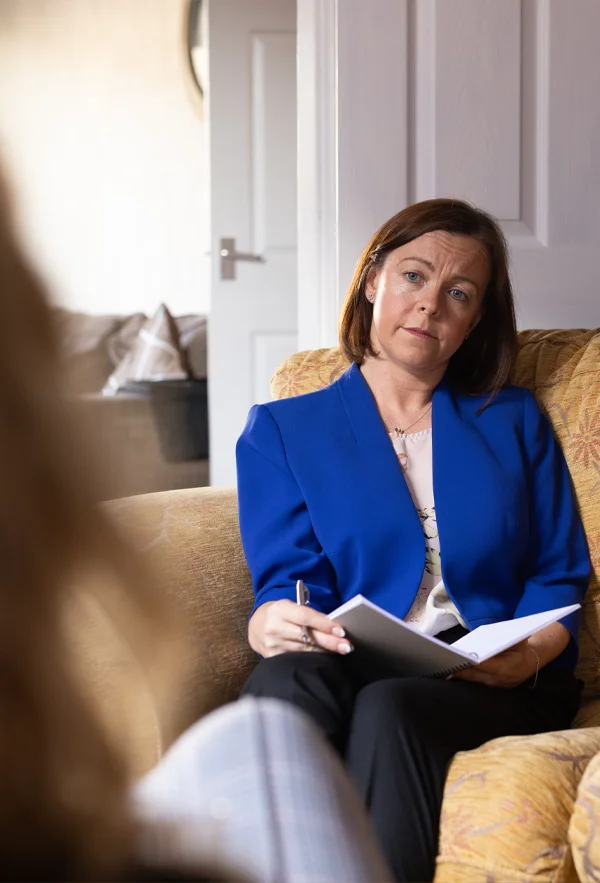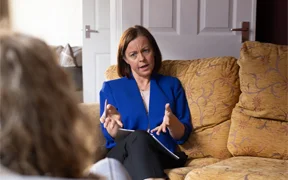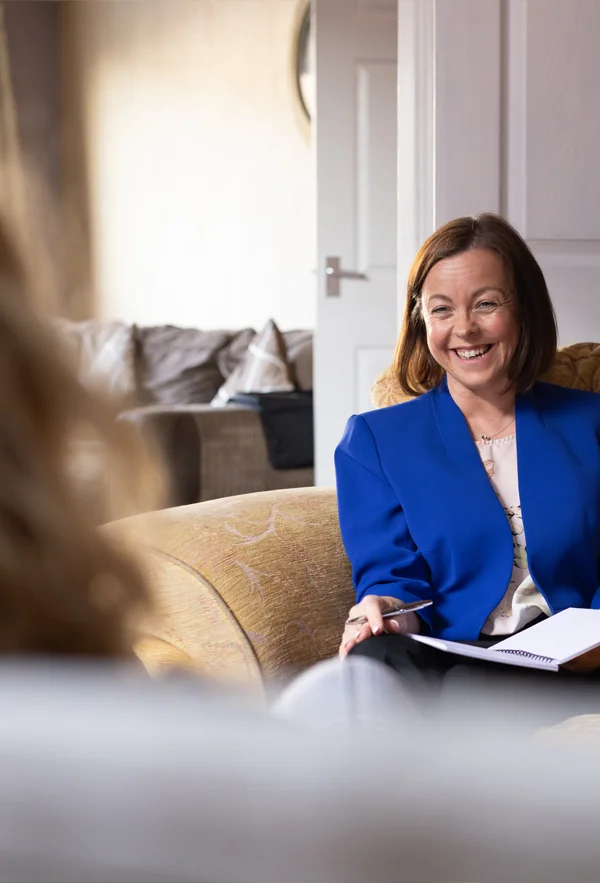— helen robinson
What is a leadership coach?
professional compassionate coaching tailored for you
Face to face coaching across Lancashire and Cumbria | Online coaching UK and globally



— Explore
Coaching services
Are you ready to take the next step?
Can you answer the question – What is a leadership coach?

Purposeful pathways programme
This 8 week bespoke 1-2-1- coaching programme can be delivered face to face or online and will empower you to become your future successful self. The programme is designed to accelerate your growth and provide transition into rewarding next steps.

2026 leadership workshops
Delivered online or face to face, these interactive sessions are suitable for groups of 2-200 and are designed to maximise the strengths of your team focussing on areas that you feel would help them grow individually and as a team.

my ikigai coaching journey
Using the ancient Japanese concept of Ikigai, I will help you to experience meaning, joy and value in your daily life. This in-depth programme can be delivered face to face or online, and will help you find, understand and implement Ikigai so that you can “Find Your Purpose”.
— Q&A
Frequently Asked
Questions
Is Coaching for me?
Destinations Coaching is for Men, Women and Young People who are looking for One to One or Group Sessions and any of the following:
- Are seeking deeper self-understanding and greater confidence
- Have a desire to create a more meaningful life
- Want to realise their leadership potential
It is not for you if you are:
- Unwilling to commit to the process
- Unwilling to be honest with yourself
- Unwilling to be patient and put in the work
- Expect overnight transformation with no effort
Can I speak to you before making a decision on going ahead with the Coaching?
Yes, I would encourage a phone conversation or video call with you at no cost to help you decide whether or not I am the right coach for you. If you cannot answer the question “What is a leadership coach?” then ask me on a call.
Is it better to pay for blocks of sessions or pay as you go?
I offer a discount for paying for a block of sessions upfront. We then arrange the session dates to best suit you. If you do not use all the sessions you have paid for, then I will refund any unused sessions. I also offer a one-off deep dive session. The session is for 2 hours and costs £175.
If your coaching is being funded through the Access to Work Scheme please let me know before the first session.
Is there a cancellation fee?
Yes, sessions cancelled with less than 24 hours notice are charged at the full rate – unless there are extenuating circumstance. This is at my discretion.
Where do we meet?
I work with private clients face to face in Lancashire and Cumbria or via Teams from elsewhere in the UK/ Globally.
Will I have to do work in between the sessions?
Only if we both identify and are comfortable there are tasks that you could do that are helpful.
Can I contact you outside of our sessions?
Yes. It’s fine to touch base between sessions. You can drop me an email or WhatsApp and I will try to get back to you as soon as I can.
Is there anything that’s not OK to talk about?
No, not from my perspective. I’m happy to explore anything that you feel would be helpful to bring to the session. When someone asks me the question “What is a life coach?” part of my response is someone you can talk to about anything.
How does coaching work?
I blend the skills of questioning, listening, observing and objective feedback to create conversations rich in insight and learning. As a coachee you would experience a focus and attention on your own circumstances that helps you develop greater awareness and understanding. In addition, you’ll also gain fresh ways to resolve issues, produce better results and achieve your goals more effectively.
You will develop a toolkit with knowledge and new skills so that you can implement these in your professional and personal life to achieve immediate and longer-term success.
How does coaching differ from other support professions like counselling?
Coaching is none of the following:
1. Structured Training, e.g. classroom learning
Structured training relates to a fixed agenda of learning, and a prepared approach to make learning happen. Coaching follows a more flexible format, according to someone’s objectives. Both the individual and the coach influence the direction and content of sessions.
2. Counselling
Some issues are best handled by someone trained to support a specific issue with a specific set of skills, principles and approach. For example, addiction or mental ill health (depression, compulsive disorders etc.) are best supported by someone trained in those specific situations. Whilst coaching is not therapy, and is not viewed as therapy, it does provide a viable alternative to people who may have previously considered some form of counselling to resolve a situation. For example, milder forms of anxiety, crisis of confidence or self- doubt might all be effectively supported by a qualified and experienced coach. This is because coaching promotes a greater self-awareness, and a fuller appreciation of our own situations and circumstances.
3. A way of someone else solving your problems for you
Coaching assumes that you are ultimately responsible for the results. I will not instruct you to do something specific, or go and do it for you. If I did, I would be taking responsibility (and power) away from you. I aim to empower you by supporting you to act, rather than acting on your behalf.
What is the difference between coaching and mentoring?
Mentoring and coaching have similarities and the two can get confused. They differ in the following ways:
Mentoring:
• The mentor is the expert in a certain area and is willing to share their knowledge, experience and expertise.
• The mentor gives the mentee advice and guidance on a specific area
Coaching:
• The coach may not be the expert in the area of focus
• The coach uses questioning techniques to develop the coachee
• Coach and coachee are equals working in partnership
How do I prepare for my first coaching session?
It helps to consider your own objectives for coaching before we meet. It’s also a good idea to decide how you might increase the effectiveness of your coaching involvement, by reflecting on factors which may support that.
The following questions can help:
1. What areas or topics might be most useful to work on? e.g. personal, professional, general learning and development?
2. What simple goals do you have right now which you’d like to make more progress with, e.g.to make something happen, or achieve something?
3. What learning and self-development goals do you have? e.g. get better at something or express certain qualities more (or less) often.
4. Of the factors under your own influence, what might stop your involvement with coaching from being successful? e.g. distractions or a tendency to procrastinate.
What about confidentiality?
As an accredited coach I adhere to the ICF code of ethics which protects the privacy of my clients and therefore the contents of our coaching discussions are confidential.
If you have any other questions please contact me and I will be happy to help.
contact me for other coaching services and to find out “what is a leadership coach?”
Workplace Coaching | Executive Coaching | Confidence Coaching | Leadership Coaching | Coaching for Middle Managers |
